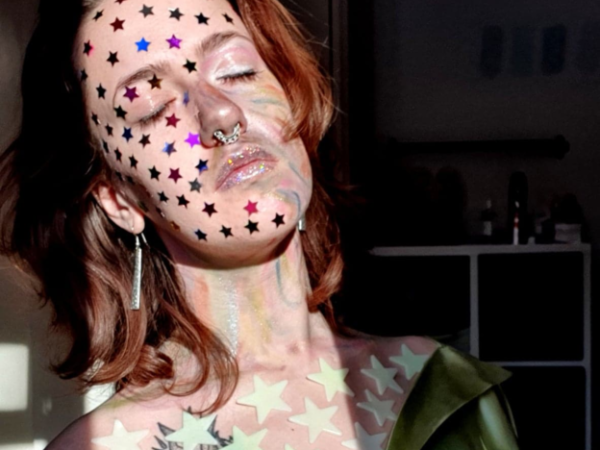Welcome
Get Real. is the official publication of Cambridge SU LGBT+ (Cambridge Students’ Union LGBT+ Campaign).
Get Real. is jointly edited by two elected officers on the LGBT+ committee. We are primarily an online publication, but we are also hoping to move back into print as the situation at Cambridge changes.
Get Real. exists to platform LGBT+ voices and issues. Our goals are liberation, collaboration, and intersectionality. We are committed to bringing together the writing and other creative output of LGBT+ students, especially those who face oppression on multiple axes and who are most often spoken over.
Submissions
We’ll be posting regularly, and are happy to include any kind of art on any topic you like. Poetry, prose, painting, photography, go wild! Here are some broad categories to help you find some inspiration:
Pride
Love
Identity and Expression
Current affairs
Progress
Connection
Submissions can be as personal or general as you like, however you feel comfortable expressing yourself, we just ask that you be considerate when putting your ideas across.
Here are some more detailed prompts and a Pinterest board to get you started.
Prompts Google doc
Pinterest board
When you send your submissions to lgbt-editor@cusu.cam.ac.uk, please let us know if you’d like your piece(s) to be published anonymously or under your name. We will check in with you to ensure you are happy with the formatting before your work is published: this is your zine and your work!



